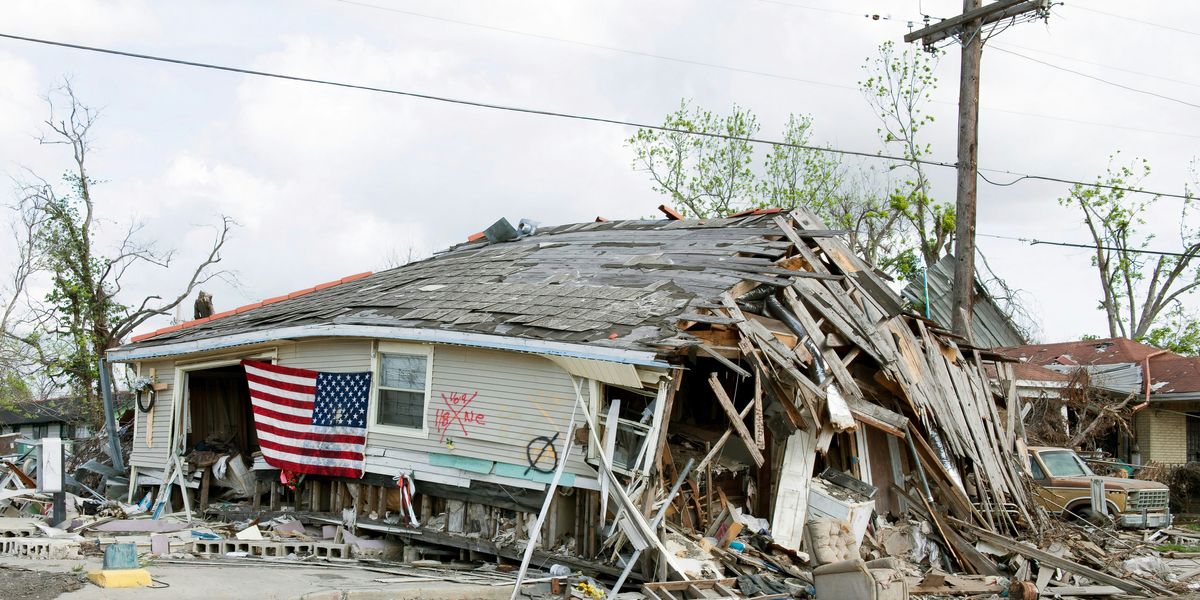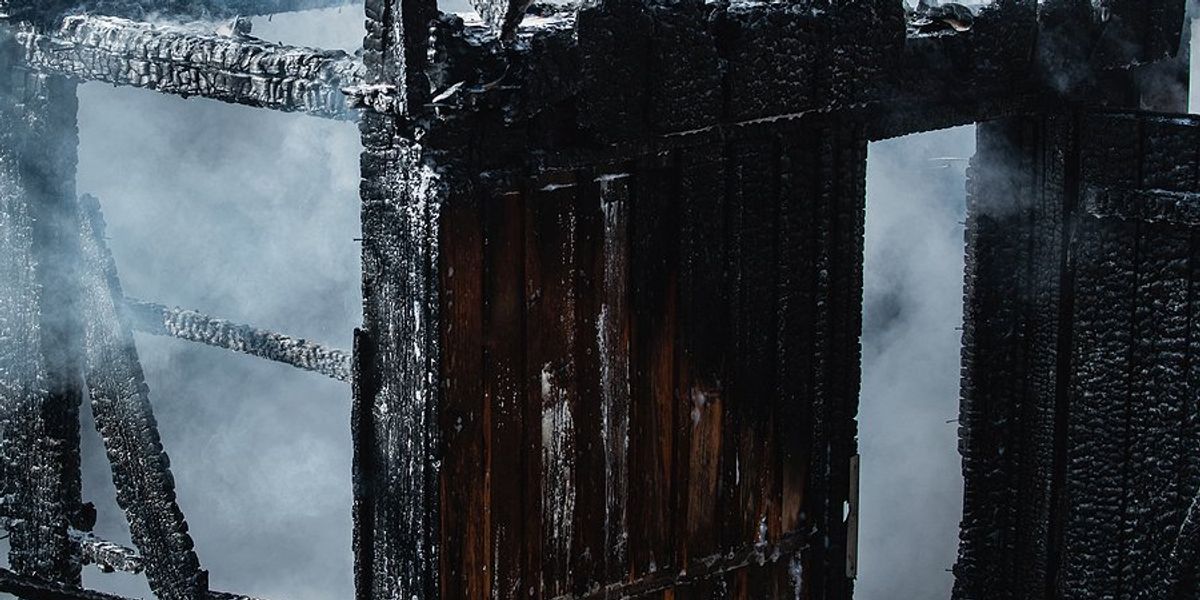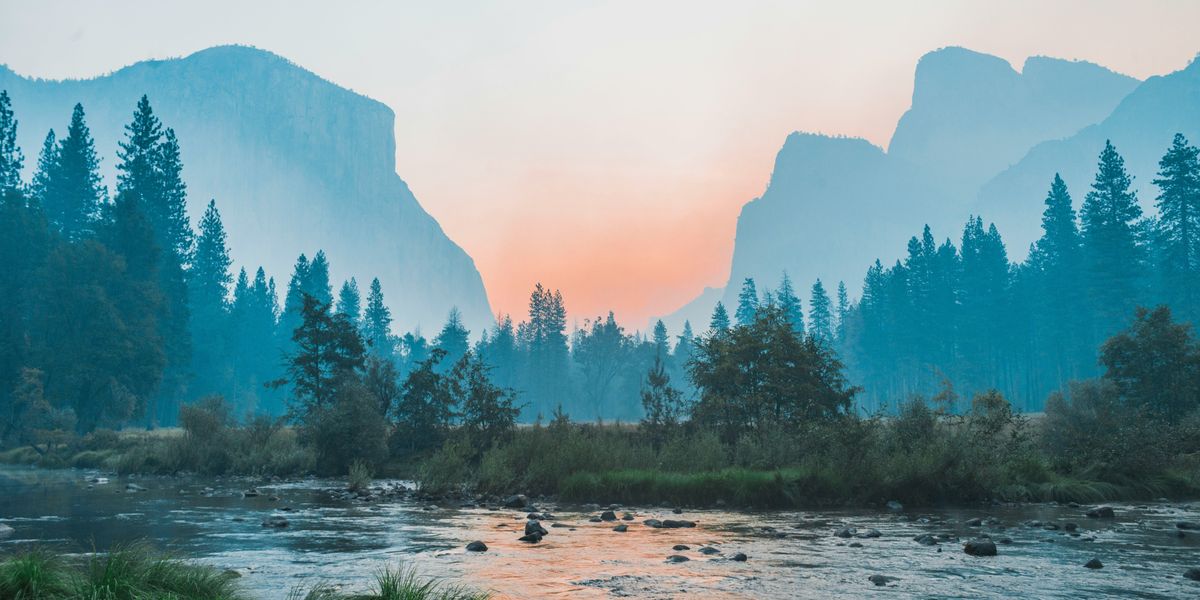
NIH shuts down future research into climate change health impacts
The National Institutes of Health has ordered a halt to future funding for studies on the health effects of climate change, cutting off a key federal source of support for scientists examining rising health risks from heat, pollution, and extreme weather.
Annie Waldman and Sharon Lerner report for ProPublica.
In short:
- The NIH will stop considering new grants on climate-related health research and end programs launched under former President Biden, including the Climate Change and Health Initiative.
- Researchers say the move will undermine the ability to understand and respond to growing threats such as heat waves, wildfires, and vector-borne diseases.
- The Trump administration is also weighing cuts to the U.S. Environmental Protection Agency's science office, which supports similar research, as part of a broader rollback of climate-related efforts.
Key quote:
“We can see with our own eyes how extreme heat and extreme weather are harming people’s health.”
— Veena Singla, adjunct assistant professor, Columbia University Mailman School of Public Health
Why this matters:
As the planet warms, the link between environmental instability and human health is becoming harder to ignore. From emergency rooms filled during extreme heat waves to rising asthma attacks tied to smoky skies, the fingerprints of climate change are increasingly showing up in patient charts. Scientists funded by the National Institutes of Health have been tracking these trends for years — mapping how everything from vector-borne diseases to mental health issues spike in the wake of floods, fires, and droughts. Their work has helped communities respond more quickly and has guided public health planning in a world where the weather no longer plays by the old rules.
Now, with federal funding facing political headwinds, some researchers warn that progress is at risk. Programs that once helped city health departments prepare for heatwaves or rural clinics detect new disease patterns are struggling to stay afloat. As climate-driven disasters become more common, doctors and public health workers may find themselves with fewer tools to anticipate the next health crisis. The concern is not just about future generations — it’s about people getting sick today, and the growing challenge of keeping them safe in an environment that’s changing faster than the systems built to protect them.
Related: Trump policies sow confusion and fear at nation's top medical research agency













